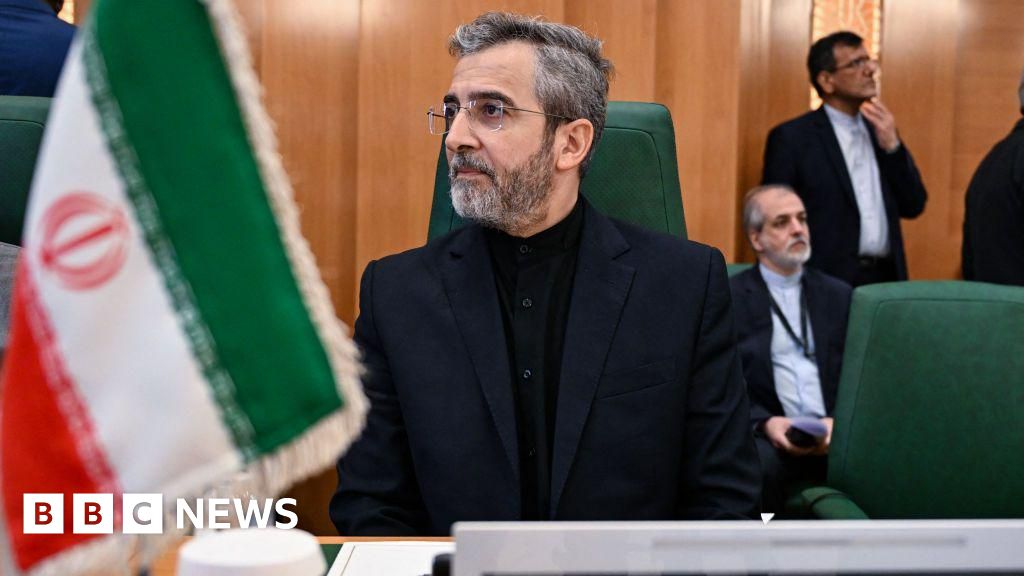Iran’s acting foreign minister said the country would respond to the killing of Hamas leader Ismail Haniyeh at the “right time” and in an “appropriate” manner after a day of intense diplomacy in the Middle East.
His comments came at an emergency meeting of the Organisation of Islamic Cooperation (OIC), a group of Muslim-majority states that met in Saudi Arabia to discuss Iran’s response to the killing.
The US expressed hope that OIC members would warn Iran against “steps to escalate the conflict.”
Tensions in the Middle East have increased since Haniyeh’s assassination in Tehran last week. Iran and its allies have blamed Israel, but Israel has not commented.
At the request of Iranian and Palestinian politicians, the OIC met on Wednesday in the Saudi Arabian city of Jeddah.
Acting Iranian Foreign Minister Baqeri Ali Bagheri Kani told members they were “expected” to support Iran’s response to the killing.
“Iran’s actions are not only to defend its own sovereignty and national security, but also to defend the stability and security of the entire region,” he said.
A statement later released by the OIC said the bloc held Israel “fully responsible” for the “heinous attack,” which it described as a “grave violation” of Iranian sovereignty.
However, they did not go so far as to approve of Iranian military actions.
In April, Iran fired more than 300 missiles and drones at Israel in retaliation for an attack on its diplomatic base in Syria—almost all of which were shot down. Many fear Iran’s response could be similar this time.
OIC Chairman Mamadou Tangara said Haniyeh’s assassination could “trigger a larger conflict that could affect the entire region.”
The killing will “not end the Palestinian cause, but rather strengthen it,” he said.
Saudi Arabia commented on the murder for the first time on Wednesday. Deputy Foreign Minister Waleed Al-Khuraiji spoke of a “blatant violation” of Iranian sovereignty.
US State Department spokesman Matthew Miller said the US hoped that “all parties that have relations with Iran will make it clear to Iran in the same way that we have done with the Israeli government that they should not take steps that could lead to an escalation of the conflict.”
Miller said the US had been in contact with some members of the OIC and was convinced that there was a “broad consensus” that “escalation would only exacerbate the region’s problems.”
Diplomatic efforts have been ongoing since the beginning of the week, with US President Joe Biden speaking by phone with the leaders of Jordan, Qatar and Egypt on Tuesday.
“No one should allow this conflict to escalate. We have had intensive diplomatic discussions with allies and partners and have delivered this message directly to Iran. We have delivered this message directly to Israel,” US Secretary of State Anthony Blinken said on Tuesday.
In a phone call on Wednesday, French President Emmanuel Macron told Iranian President Masoud Pezeshkian that an escalation with Iran would “cause lasting damage to stability in the region.”
Pezeshkian told Macron that if the West wanted to prevent war, it must “immediately stop selling weapons and supporting Israel,” his office said.

